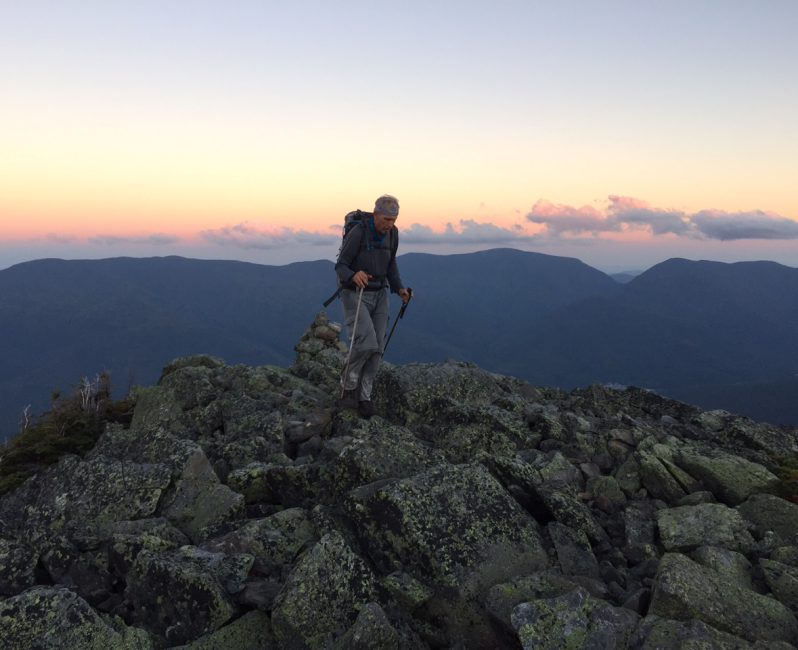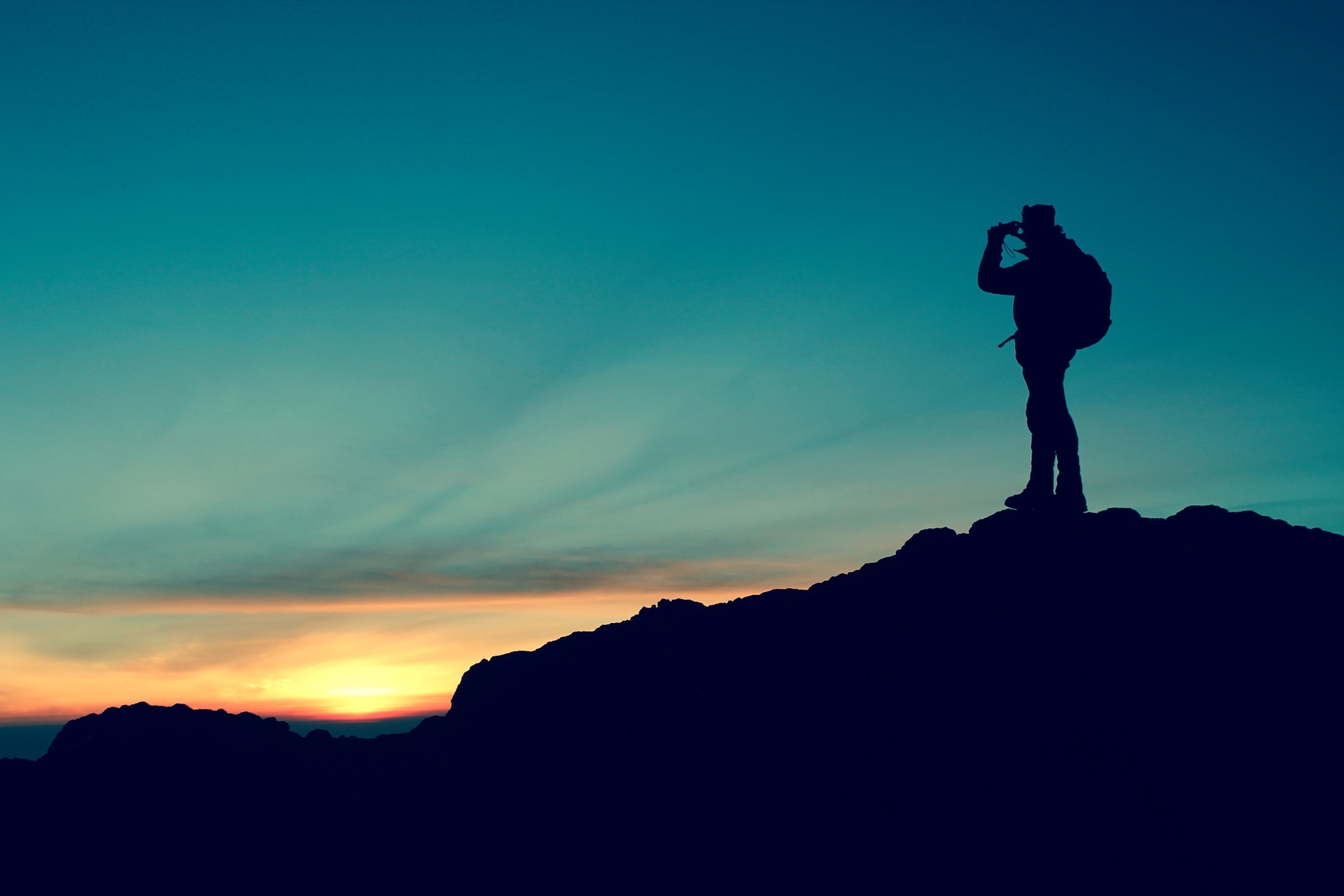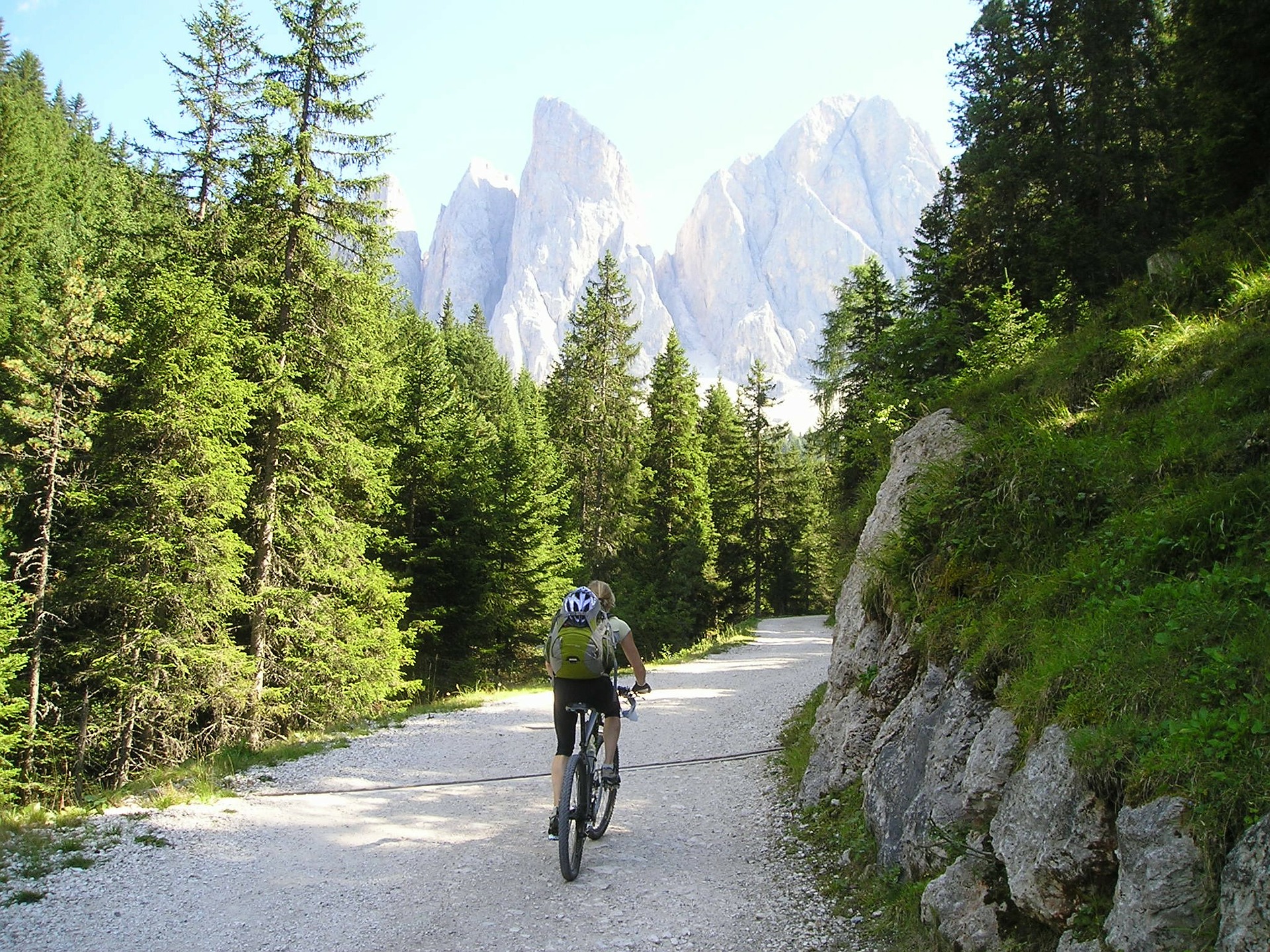Parsha Kedoshim, Leviticus 19:1 – 20:27
To focus on one line from this week’s parsha, which contains “The Holiness Code,” may seem kind of odd. As we’ve mentioned before, coming up with wilderness-themed content from week to week is hard!
מִפְּנֵי שֵׂיבָה תָּקוּם וְהָדַרְתָּ פְּנֵי זָקֵן וְיָרֵאתָ מֵּאֱלֹהֶיךָ אֲנִי יְהוָה
You shall rise before the aged and show deference to the old; you shall fear your God. I am the LORD.
In spite of stories of old thru-hikers from year-to-year, during my thru-hikes of either the AT or the JMT, I’ve never encountered an elderly hiker.
We heard of “Pappy” (Victor Kubilius), the 87-year old Korean War era veteran (a lot of folks misidentify him as a war veteran, but he served stateside in military intelligence until 1951—ain’t no shame in his game!) who made a go of the AT in 2018. He was going to “flip-flop,” but getting out of Maine took him off the trail. I can tell you from my own experiences, both as a 16-17 year old and now as a 40+ year old former paratrooper who lives and hikes here, Maine is perhaps the most physically demanding section of the entire trail.
Here in Maine, we’re also familiar with the tragic end of Geraldine Largay, a 66-year-old woman who died less than 2 miles from the Appalachian Trail, near the Bigelow Preserve. She may have lived for a month after getting lost in 2013; they found her remains in 2015.
Pappy had the support of his loving daughter, Vikki. Mrs. Largay was expected to meet her husband close to Katahdin, but hiked largely alone, and made the mistake of leaving her GPS locator at a hotel miles back.
For someone like me, who has a lifetime of wilderness and decades of military training, the perils of wilderness travel aren’t particularly overwhelming. I have the experience of trail-less meanderings in the Brooks Range of Alaska, and following goat trails across Skolai Pass in Wrangell-St. Elias NP. That said, I never travel without a compass and the minimum necessary survival equipment.
Reading the website “The Trek” and other forums where aspiring thru-hikers relate what they are doing, most of their focus tends to be on getting in the right kind of shape, and gear acquisition.
I urge those who are fulfilling some mid-life or twilight year dream of thru-hiking to consider investing time and money in basic survival training. Most of the Appalachian Trail is fairly easy, but Maine is the kind of wilderness you can get lost and die in.
Our Responsibility to Older Hikers
I don’t care if it comes across as condescending or ageist, I think there’s a responsibility for younger or more experienced hikers to ask, subtly or not, older hikers specific questions about their condition.
Encourage them not to hike alone in the more remote sections, or places closer to roads where trailhead crime may be higher.
Know basic first aid, specifically how to treat people with conditions more specific to older hikers, such as stroke and heart attack. Older hikers are more susceptible to heat injury.
Wilderness first responders are not likely as trained in advanced life saving care for older outdoors enthusiasts as their counterparts back in civilization. It’s a definite consideration for those considering an excursion outdoors.
My honest-to-goodness experience in the wilderness is that many people are not honest with themselves about their capabilities and limitations. Anecdotally, this seems to accelerate with age and means, which may be why search and rescue is coming at great cost to people who end up needing rescue.
Incredulity at a $9000 liability for a then 59-year-old hiker rescued in New Hampshire, and the billing of a 70-year-old hiker in the Presidentials (who later turned out to be at a hotel) says that the increase in wilderness in search and rescue is expensive.
And you might as well understand that the state will go after those with the means to pay for it.
So we must do our good deed and keep tabs on our older hiking friends.
The Outdoors Belong to Everyone
I know people may think we’re accomplishing the opposite of showing deference to the old, but I think there’s profound merit to being good outdoor citizens and looking after the welfare of others.
We need not assume someone is incapable just because we monitor their well-being. We don’t even need to do it overtly; just convivial conversation can expose so much about how someone is doing. Building a relationship with people you meet, and on long trails, will spend a lot of time off and on with, is never a bad thing.
As America ages more and more gracefully, the presence of larger groups of people previously deemed out of place in the wilderness will grow. It’s a good thing! Increasing appreciation for the outdoors in every generation will help preserve open spaces and drive our politics towards rectifying climate change.
As Jews, we have this mandate to look after others. It’s an important takeaway from Parsha Kedoshim. How we relate to others is a key component in how we build holiness in whatever setting we find ourselves.
Last modified: May 10, 2019



